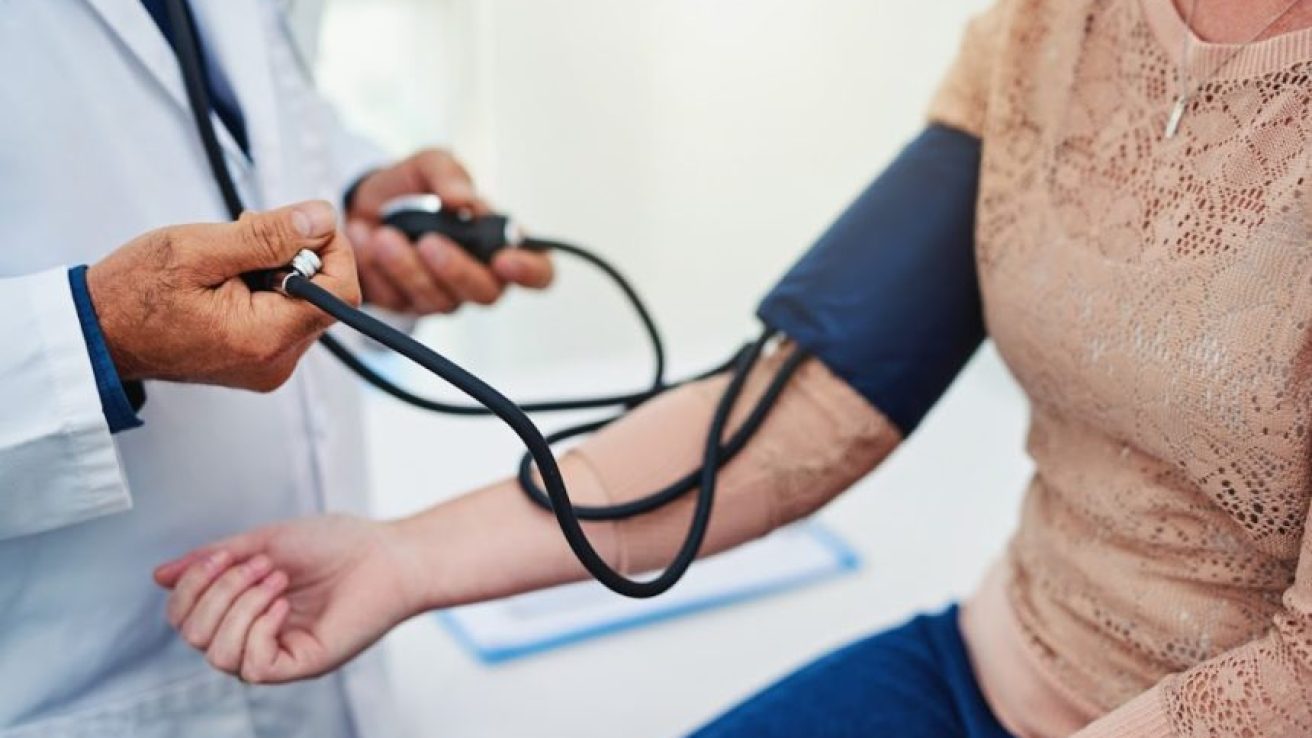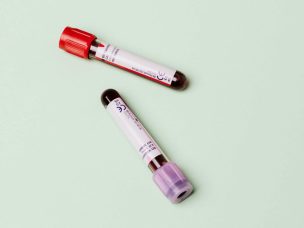TUESDAY, Dec. 29, 2020 (HealthDay News) — Patients with apparent treatment-resistant hypertension are rarely tested for primary aldosteronism, according to a study published online Dec. 29 in the Annals of Internal Medicine.
Jordana B. Cohen, M.D., from the University of Pennsylvania in Philadelphia, and colleagues examined the testing rate for primary aldosteronism and evidence-based hypertension management for treatment-resistant hypertension in a retrospective cohort study. Data were included for 269,010 veterans from the U.S. Veterans Health Administration with apparent treatment-resistant hypertension from 2000 to 2017.
The researchers found that 1.6 percent of patients were tested for primary aldosteronism. The likelihood of testing was increased with an index visit to a nephrologist or an endocrinologist compared with primary care (hazard ratios, 2.05 and 2.48, respectively). There was an association noted between testing and an increased likelihood of initiating mineralocorticoid receptor antagonist (MRA) therapy (hazard ratio, 4.10) and with better blood pressure control over time.
“The consequences of undertesting for primary aldosteronism and underuse of MRAs in patients with apparent treatment-resistant hypertension may be substantial, potentially increasing morbidity and mortality,” the authors write. “Our findings suggest an opportunity to introduce innovative practices to meaningfully improve education of providers and increase testing to enhance management in this high-risk patient population.”
Abstract/Full Text (subscription or payment may be required)










